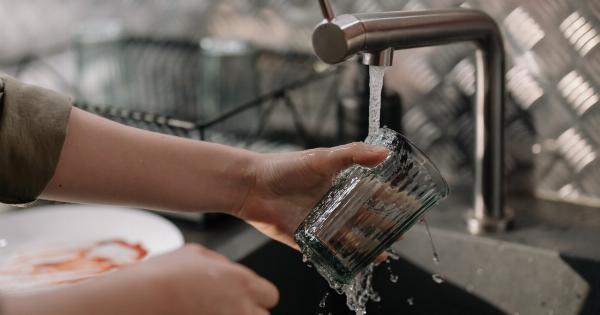Playing a musical instrument requires skill, dedication, and practice. Musicians spend hours perfecting their craft, making beautiful melodies that captivate audiences around the world.
However, there are potential dangers that musicians may face, one of them being the risk of developing pneumonia. Pneumonia is a serious infection that affects the lungs, and it can have a profound impact on a musician’s career and overall health.
Understanding Pneumonia
Pneumonia is an infection that leads to inflammation in one or both lungs. It can be caused by various microorganisms, including bacteria, viruses, and fungi.
Common symptoms of pneumonia include cough, fever, chest pain, shortness of breath, fatigue, and in some cases, coughing up phlegm. Pneumonia can range from mild to severe and can even be life-threatening, especially for individuals with weakened immune systems or underlying health conditions.
Instruments and Pneumonia Risk
While anyone can develop pneumonia, musicians, particularly wind players, may be at a higher risk due to the nature of their instruments. Instruments like the flute, clarinet, saxophone, and trumpet require players to blow air into them, creating sound.
This constant airflow can potentially introduce harmful pathogens into the lungs.
Additionally, woodwind instruments, such as the flute or saxophone, may accumulate moisture inside them, providing the perfect breeding ground for bacteria.
If proper cleaning and maintenance are not performed regularly, this moisture can become contaminated, leading to an increased risk of respiratory infections like pneumonia.
Maintaining Good Hygiene
To minimize the risk of developing pneumonia, musicians should adopt good hygiene practices. Here are some important steps musicians can take to protect themselves:.
1. Regular Instrument Cleaning
Thoroughly clean your instrument after each use to remove any accumulated moisture, saliva, or debris. Use appropriate cleaning tools and follow the instrument manufacturer’s instructions for cleaning and maintenance.
This helps prevent the growth of bacteria and reduces the risk of infection.
2. Use a Mouthpiece or Instrument Cover
Consider using a mouthpiece or instrument cover to create a barrier between your mouth and the instrument. This can help reduce direct contact with any potential pathogens and make cleaning easier.
3. Wash Hands Frequently
Washing hands regularly with soap and water, or using hand sanitizers when soap is not available, is essential to minimize the spread of germs. It is particularly important to wash hands before and after playing an instrument.
4. Avoid Sharing Instruments
While it may be tempting to share instruments with fellow musicians or friends, it is best to avoid doing so. Sharing instruments can increase the risk of transmitting bacteria or viruses, including those that cause pneumonia.
5. Maintain a Healthy Lifestyle
A strong immune system is crucial for protecting against infections. Musicians should focus on maintaining a healthy lifestyle, including eating a balanced diet, getting regular exercise, staying hydrated, and getting enough rest.
Seeking Medical Attention
If a musician develops symptoms suggestive of pneumonia, seeking prompt medical attention is important. Early diagnosis and treatment can help prevent complications and ensure a faster recovery.
Physicians may prescribe antibiotics or antiviral medications, depending on the cause of pneumonia.
Conclusion
While the joy of music knows no boundaries, musicians must also be aware of the potential health risks they may face.
Taking precautions, such as regularly cleaning instruments, practicing good hygiene, and seeking medical attention when necessary, can help reduce the risk of developing pneumonia. By maintaining a balance between passion and health, musicians can continue to play their beautiful melodies while safeguarding their well-being.




























